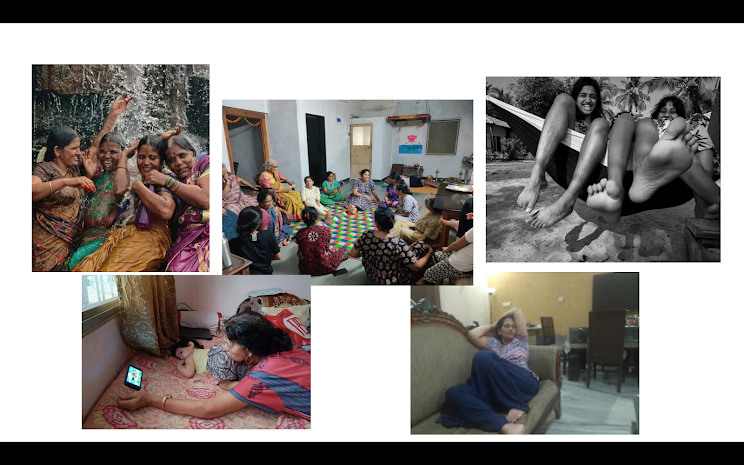Whose Happily Ever After?

This week we read about Rachel Alicia Griffin’s (2015) article about the representations of Black women (specifically the figures of mammy and the jezebel) in the TV show Scandal . The representations of women are shown as the two extremes: one of them being the all-loving, caring, and self-sacrificial; and the other being the ‘witchy’, villain-like, seductive qualities. This reminds me of the kind of representations of women I grew up with while watching Indian soap operas and Bollywood films from the 90s. Immediately, two specific representations come to mind: “the good housewife” and “bad outsider woman”. There has always been a divide between a "good housewife" who is shown to be traditional, quiet, and shy - through her attire and mannerisms. She follows what her husband says and serving the family is the focus of her life. On the other hand, there is "an outsider woman" who's shown to be seductive, modernised, independent, and rebelling against traditio...

